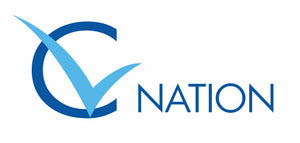Preparing an effective CV that makes a positive impact isn’t easy. Recruiters receive hundreds of applications for jobs, so competition is strong.
One of the best ways to impress recruiters and stand out from the crowd is to show relevant skills. Employers are always on the lookout for candidates who possess sought-after skills, so if you can demonstrate them on your CV, you’ll stand a greater chance of succeeding in the job market.
This guide includes 20 key soft skills for your CV, as well as examples of how to show them on your CV. We also include lists of the most important hard skills for multiple jobs.
